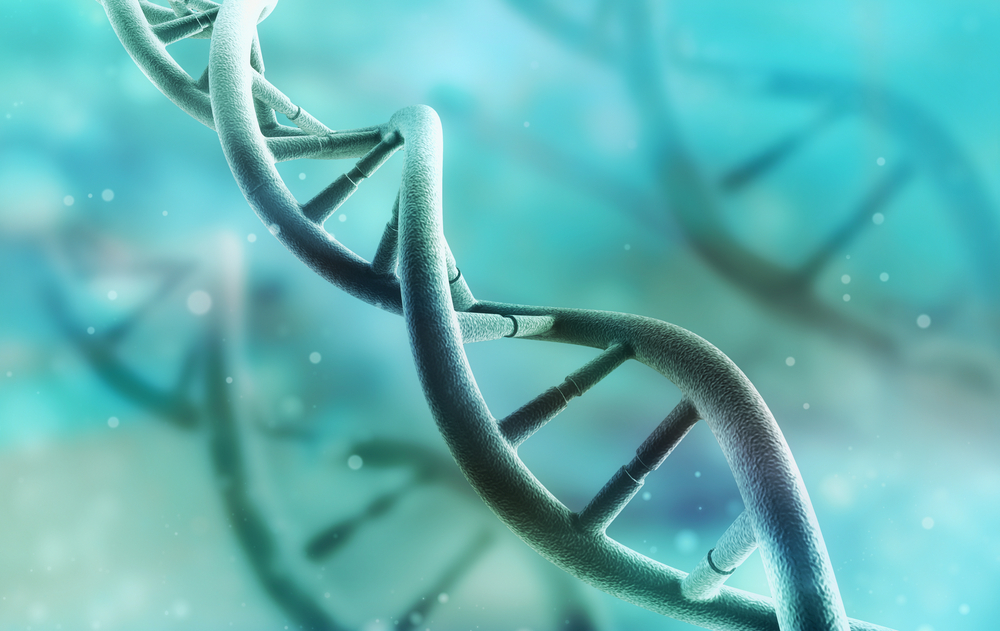PPMD Names PerkinElmer to Conduct Genetic Tests for Its Decode Duchenne Program
Written by |

Parent Project Muscular Dystrophy (PPMD) has selected PerkinElmer to provide genetic testing for its Decode Duchenne program, which offers testing and counseling at no cost to eligible Duchenne muscular dystrophy (DMD) patients and their families.
The DMD gene is located on the X chromosome — half of the X and Y chromosome pair that make up the 23rd of the 23 pairs of chromosomes each person carries. Women inherit two copies of the X chromosome, one from each parent, and men inherit one from their mother. As such, DMD is an X-linked disease and mostly affects males, because a female child with a faulty DMD gene can inherit a second and “healthy” X chromosome that compensates for the mutation.
Decode Duchenne is run through DuchenneConnect, a PPMD program dedicated to connecting and serving the needs of the DMD community. Decode Duchenne provides free-of-charge genetic testing and counseling to patients who wouldn’t otherwise be able to afford such services.
PerkinElmer will conduct the program’s testing, with full gene sequencing of the DMD gene. This assay is designed to both recognize sequence variants and to provide base pair resolution of deletion and duplication mutations within the gene.
Individuals with a negative gene-targeted DMD assay can access a 131-gene panel targeting neuromuscular disorders, and the possibility of undergoing whole exome testing. Exome is the part of the genome that codes for proteins.
“PPMD is excited to … partner with a company like PerkinElmer, with such an outstanding reputation and long history in genetic analysis,” said Pat Furlong, PPMD’s founding president and CEO. “We are also grateful to our sponsors, Sarepta Therapeutics and PTC Therapeutics. Decode Duchenne plays an important role in our community, helping us support families who otherwise may not have access to not only genetic testing, but the interpretation of these results.”
The company will also offer carrier testing, along with other support for families. Women with a faulty DMD gene in one of their X chromosomes can be asymptomatic carriers of the disease.
“Genomics is a complex, largely uncharted landscape, and healthcare providers and families, such as those dealing with Duchenne, continually strive to unlock critical information held within our DNA as they face difficult medical situations,” Madhuri Hedge, vice president and chief scientific officer for laboratory services at PerkinElmer’s diagnostics business group, said in a press release. “PerkinElmer Genomics provides one of the world’s most comprehensive programs for detecting clinically significant genomic changes,” delivering “high-quality, fast, affordable results.”
DMD is caused by a mutation in the DMD gene, which gives the instructions needed to produce a protein called dystrophin. This protein provides structural support and protection for muscle fibers. In DMD patients, the mutation prevents the body from making any or sufficient levels dystrophin, leaving the muscle fibers open to damage whenever a muscle is used.
Eligibility and application information for Decode Duchenne is available here, and more about the initiative’s resources for providers and families here. The program also has a dedicated section for frequently asked questions (FAQ) here and contacts for Decode Duchenne genetic counselors here.
DMD is the most common genetic disorders diagnosed in children, occurring in roughly one of every 3,500 male births.





